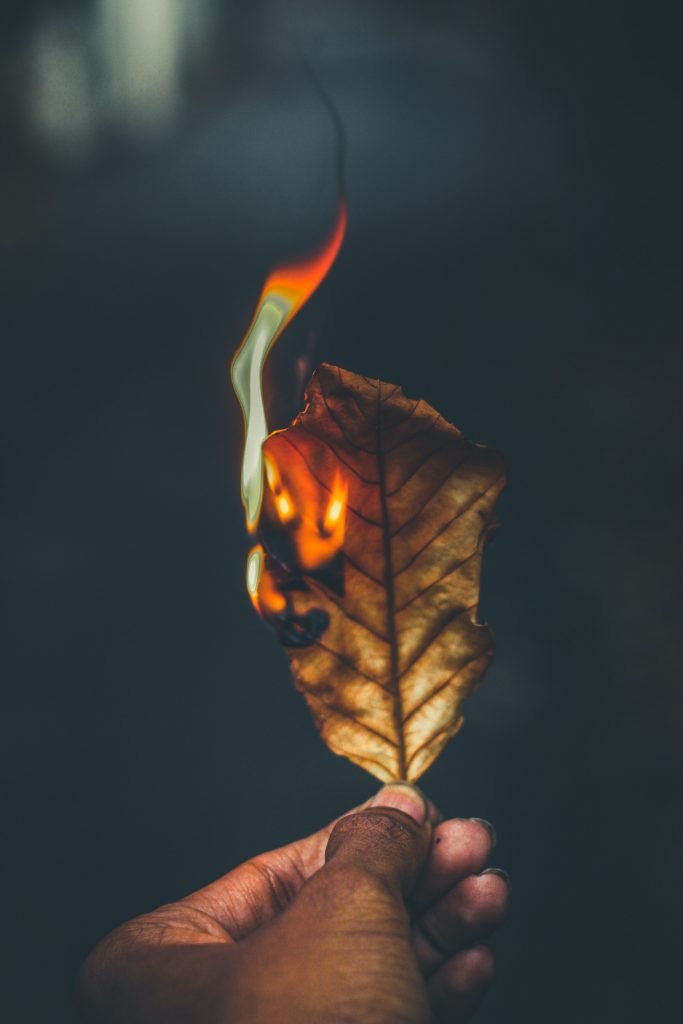
City of Deux Montagnes bans plastic bags for dead leaves
By Dimitris Ilias
Take a look at the
featured Local Savings
at the bottom of this page!
It is Canada’s signature! Fall and red leaves! For many North Shore residents gathering dead leaves is a chore. Dead leaves however can be a boon for the avid gardener and different cities are beginning to realize their potential. In Deux-Montagnes the city is proceeding more ecologically and banning plastic bags. They are now prohibited for the collection of dead leaves. In fact, only paper bags for garden waste will be picked up during collections scheduled for Fridays from October 23 to November 20.
For the Two Mountains residents there are three ways to dispose of dead leaves:
- Leaves should be piled into yard waste paper bags and dropped off at the curb beginning at 7 p.m. the day before the leaf collection, or no later than 7 a.m. morning of the collection.
- The City also encouraged its citizens to use their brown bins to dispose of dead leaves and other green residues such as surplus grass, roots, plants, small branches, shavings, bark needles of conifers. The city also warned the residents to not fill the bin with soil or potting soil since this will make it too heavy and damage it during mechanical collection. The collection of organic materials takes place every Monday; until November 30 and then every other week.
- Citizens can practice leaf cycling. This is a method which consists of mowing dead leaves and leaving them on the ground rather than gathering them
According to a recent article in the CAA website dumping leaves that end in the landfall contributes to global warming because of the greenhouse gases that they emit as they rot. Instead They can be valuable for your garden in many different ways.
They protect plants in the winter
When placed around plants, dead leaves provide excellent protection during the winter. Placed around the plants without being piled up, so that air can circulate protects the roots and stems from our vicious winter. In windy places, a nylon net fastened to the ground with stakes keeps them covered and prevents them from blowing away. It is important to gather dead leaves as soon as possible after they fall, before they start rotting.
Convert leaves into dirt
Another simple way to use dead leaves is to let them change into dirt. In an isolated part of the garden, pile them up and wet them. Then trample on the pile and add a few shovelfuls of good soil. Repeat this operation each time you add leaves. In the spring, they will be decomposed and will have turned into good nourishing dirt that you can spread at the feet of bushes and trees or in the garden.
Serve as fertilizer
Dead leaves also provide the lawn with added organic material. Gardeners can pass the lawnmower slowly over the leaves as they fall so as to shred them. To make them decompose more quickly, use a mulching mower that will cut them up into smaller pieces is recommended. Then the pieces can be spread to make them disappear into the lawn.
Compost
Dead leaves can also become an ingredient in a good compost, which is better than chemical fertilizer. Compost nourishes plants, preserves moisture in the soil, helps spread fertilizer, facilitates weeding, attracts worms and helps prevent diseases.
A warning about black spots
Avoid recovering leaves that are sprinkled with black spots: these normally indicate the presence of mushroom spores. Since these spores survive the domestic composting process, they could contaminate your compost and, eventually, your plants. Also, avoid incorporating walnut or oak leaves in your compost: they contain tannins that harm decomposer organisms.
Avoid burning leaves
Open-air burning of trash is bad for the environment and for the health of those exposed to the smoke. Open-air burning refers to burning trash in barrels, out in the open, in outdoor or wood-burning stoves or in fireplaces. Many Canadian municipalities prohibit this practice or limit the types of material that can be burned.















